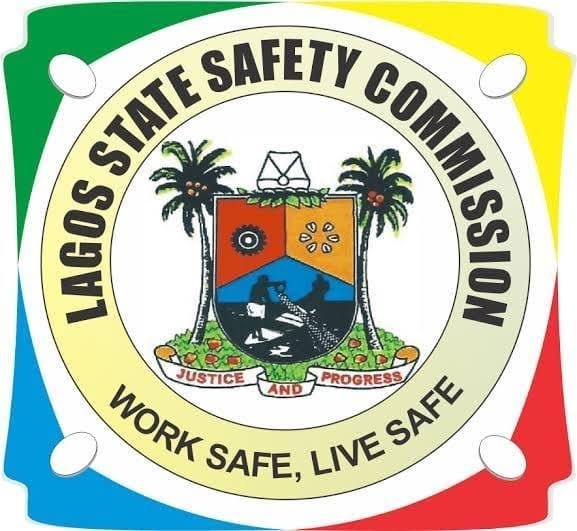Court Orders EFCC to Freeze 24 Bank Accounts Over Alleged Terrorism Financing
Written by Olakunle Oke on December 31, 2024
A Federal High Court in Abuja has granted the Economic and Financial Crimes Commission (EFCC) permission to freeze 24 bank accounts allegedly linked to terrorism financing.
The EFCC had approached the court, seeking an order to freeze the accounts, which are domiciled in various commercial banks in Nigeria. The commission alleged that the accounts were being used to facilitate terrorism and other illicit activities.

In his ruling, Justice A.R. Mohammed granted the EFCC’s request, ordering the banks to freeze the accounts pending the conclusion of the investigation. The judge held that the EFCC had presented sufficient evidence to justify the freezing of the accounts.
The EFCC had alleged that the accounts were being used to finance terrorism and other illicit activities, and that freezing them would prevent the dissipation of funds. The commission is expected to carry out further investigations into the matter and report back to the court.
The freezing of the accounts is a significant step in the EFCC’s efforts to combat terrorism financing in Nigeria. The commission has been working to identify and disrupt financial networks that support terrorism and other illicit activities.
The EFCC’s chairman, Abdulrasheed Bawa, has stated that the commission is committed to fighting terrorism financing and other financial crimes. He has pledged to work with other law enforcement agencies and financial institutions to identify and disrupt financial networks that support terrorism.
The freezing of the 24 bank accounts is a major breakthrough in the EFCC’s efforts to combat terrorism financing. It is expected to disrupt the financial networks that support terrorism and other illicit activities, and to prevent the dissipation of funds.
The EFCC has urged the public to cooperate with the commission in its efforts to combat terrorism financing and other financial crimes. The commission has also urged financial institutions to report any suspicious transactions to the EFCC.






